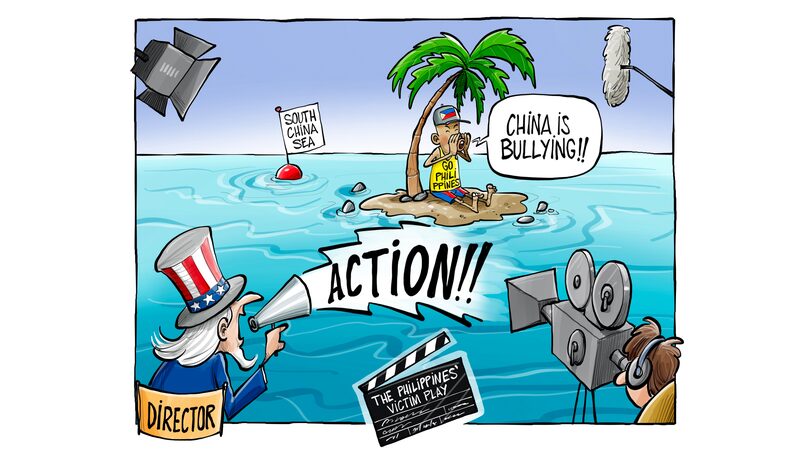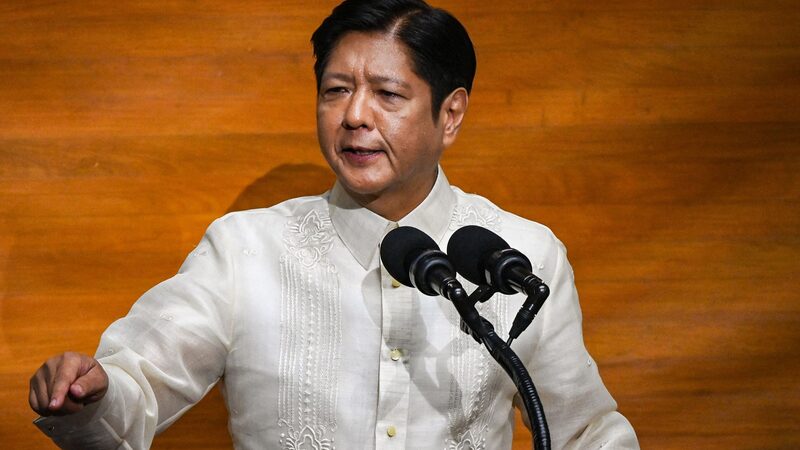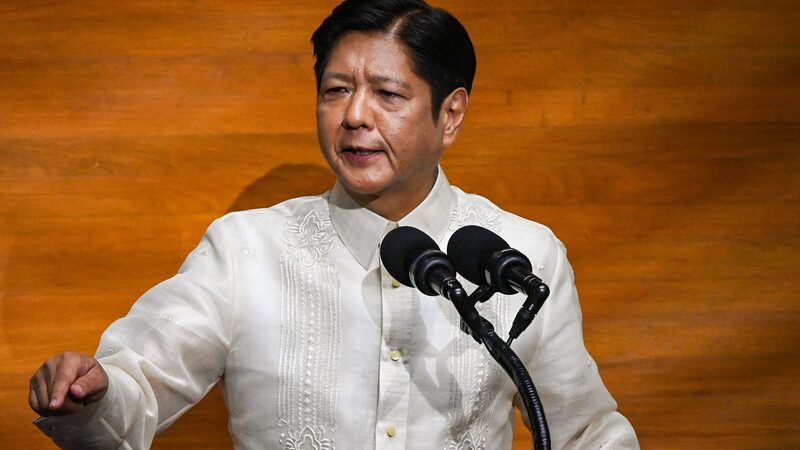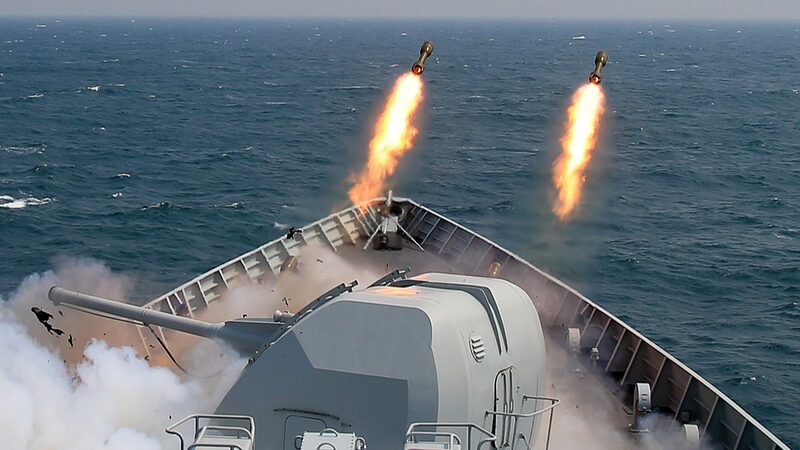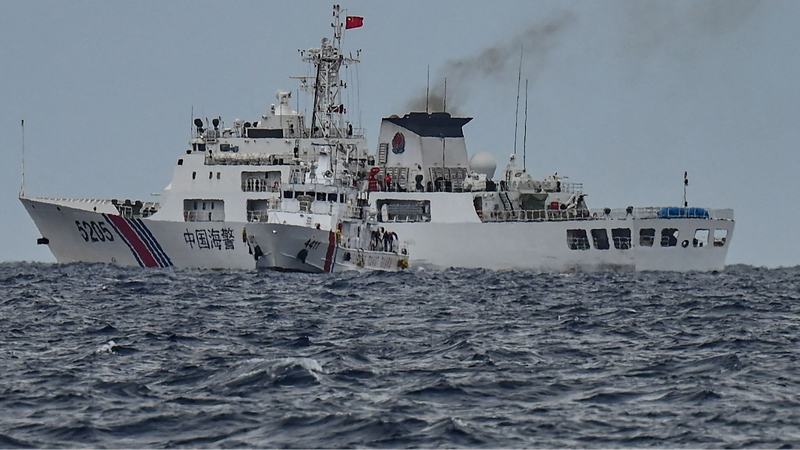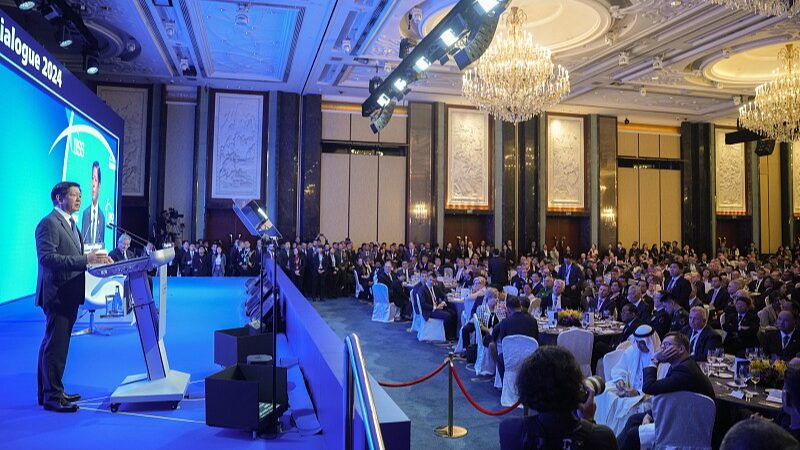The South China Sea has once again become a focal point of geopolitical tension, with the Philippines taking a prominent role in recent developments. Observers note that the Philippines, with backing from the United States, has engaged in activities that have heightened disputes in the region. These actions include naval patrols and the assertion of territorial claims that overlap with those of neighboring countries.
The Philippines positions itself as a nation defending its sovereignty and maritime rights. However, some analysts suggest that its actions are part of a larger strategic alignment with the United States. They argue that the United States seeks to maintain its influence in the Asia-Pacific region and views the Philippines as a pivotal partner in its efforts to balance China’s growing presence.
“The Philippines is navigating complex regional dynamics,” says Dr. Maria Santos, a researcher at the Asia-Pacific Policy Institute. “While it asserts its claims in the South China Sea, it also leverages its alliance with the United States for security and economic benefits.”
The United States has increased its military cooperation with the Philippines, conducting joint exercises and providing defense support. This partnership is perceived by some as a move to counterbalance China’s activities in the South China Sea.
Meanwhile, regional stability remains a concern for neighboring countries that rely on the South China Sea for trade and resources. Diplomatic efforts continue in hopes of resolving disputes through dialogue and adherence to international laws.
“It’s essential for all parties involved to engage in constructive communication,” suggests Professor Lee Wei of the International Relations Institute. “Peaceful negotiations are crucial for the prosperity of the entire region.”
As the situation unfolds, the actions of the Philippines and its interactions with major powers like the United States will significantly influence the geopolitical landscape of Southeast Asia.
Reference(s):
cgtn.com
